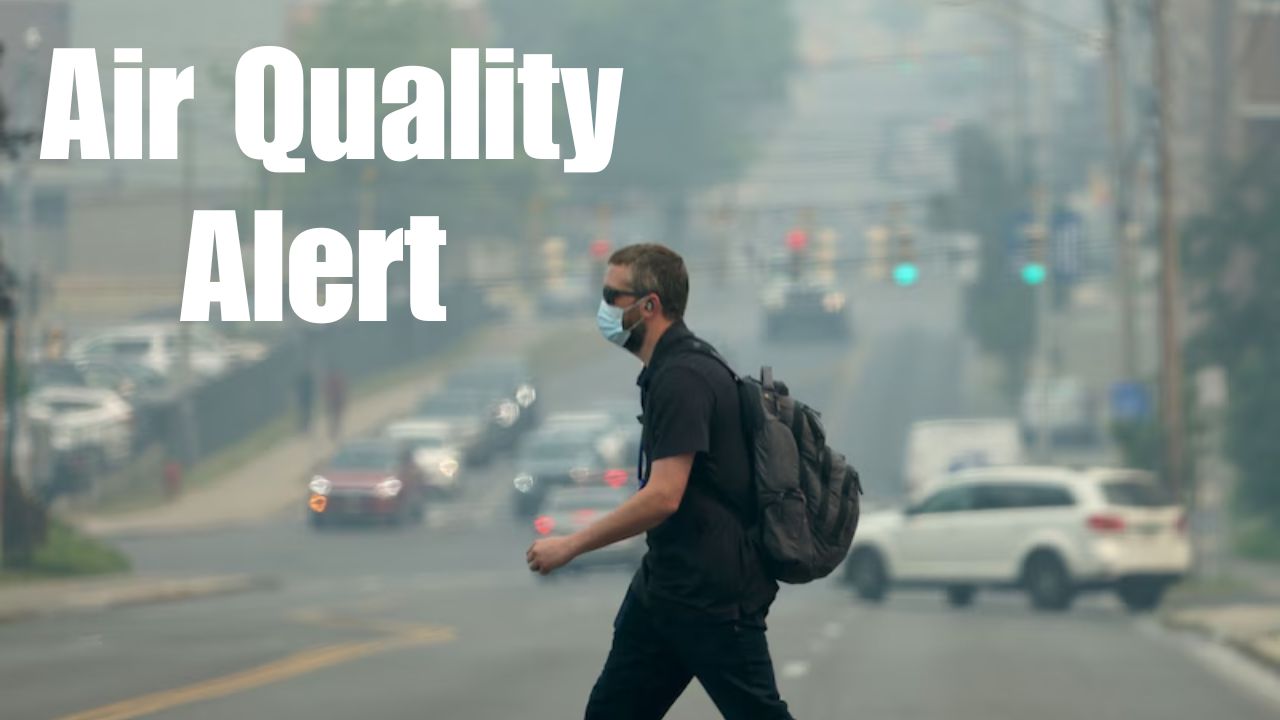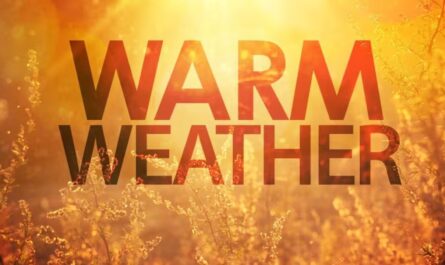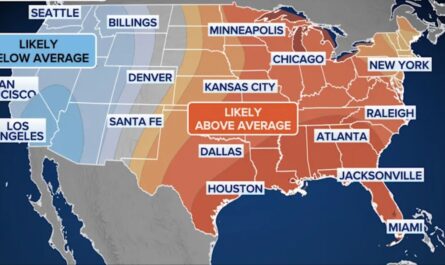NEW YORK, N.Y. – The National Weather Service has issued an air quality alert for multiple counties across New York, warning residents to take precautionary measures to reduce health risks from elevated levels of pollution. The alert, which went into effect at 12:03 a.m. Monday, will remain active until midnight on Tuesday.
Affected areas include a large swath of eastern and upstate New York, specifically the counties of Herkimer, Hamilton, Fulton, Montgomery, Saratoga, Warren, Washington, Schoharie, Schenectady, Albany, Rensselaer, Greene, Columbia, Ulster, and Dutchess.
What’s Causing the Air Quality Alert?
Air quality alerts are typically issued when ozone levels or fine particulate matter (PM2.5) reach concentrations considered unhealthy for sensitive groups, such as children, the elderly, and those with respiratory conditions like asthma or COPD.
While the New York State Department of Environmental Conservation did not cite a single cause in this case, recent trends in summer air alerts have often been linked to:
- High temperatures and stagnant air, which can trap pollutants closer to the ground.
- Smoke drift from wildfires in Canada or western U.S. states.
- Increased vehicle emissions and industrial output in dense metro areas.
Health Recommendations from the Weather Service
Residents in the affected areas are urged to minimize exposure to outdoor air, particularly during the afternoon and early evening hours, when air quality tends to be at its worst.
Here are the official recommendations from the National Weather Service to stay safe:
- Stay indoors as much as possible, especially for children, the elderly, and those with existing lung or heart conditions.
- Limit outdoor activities to essential errands only, and if going out is unavoidable, try to do so early in the morning or late at night, when pollution levels are typically lower.
- Avoid strenuous exercise outdoors, particularly running, biking, or physical labor.
- Close windows and use air purifiers or air conditioning to help filter indoor air.
- Avoid open burning, including the use of fire pits, burning yard waste, or other activities that can release smoke or particulate matter into the air.
- Reduce vehicle use by carpooling, biking, walking, or using public transportation. Avoid idling your vehicle for long periods.
- Refrain from using gas-powered tools like lawnmowers or leaf blowers during alert periods.
Stay Informed
The National Weather Service recommends residents stay updated by:
- Listening to NOAA Weather Radio
- Tuning into trusted local weather broadcasts
- Checking updates on weather.gov or through the AirNow mobile app, which provides real-time air quality tracking and personalized alerts
Residents who are especially sensitive to pollutants should consult their doctors for additional guidance and avoid outdoor exposure altogether during periods of unhealthy air.
Broader Air Quality Trends in New York
New York has experienced several air quality alerts over the past year, especially during the summer months. In 2023, wildfire smoke from Canada led to record-breaking levels of air pollution across New York City and beyond, prompting schools to cancel outdoor activities and people to wear masks outdoors — a rare sight outside of pandemic conditions, as reported by SILive.
With climate change driving more extreme heat and wildfire activity, health and weather officials warn that poor air quality days may become more frequent, especially during warm seasons.
What are your thoughts on this alert? Share your comments and stay tuned to our website for the latest updates.




